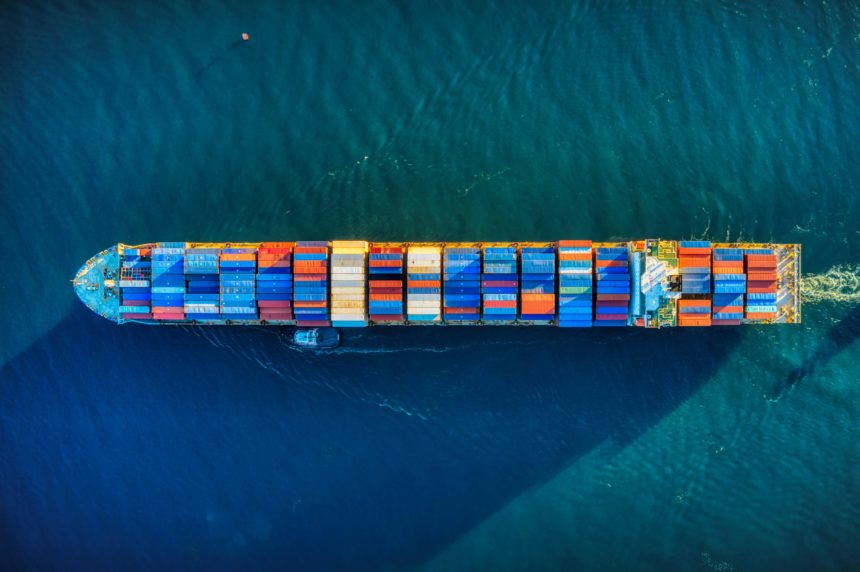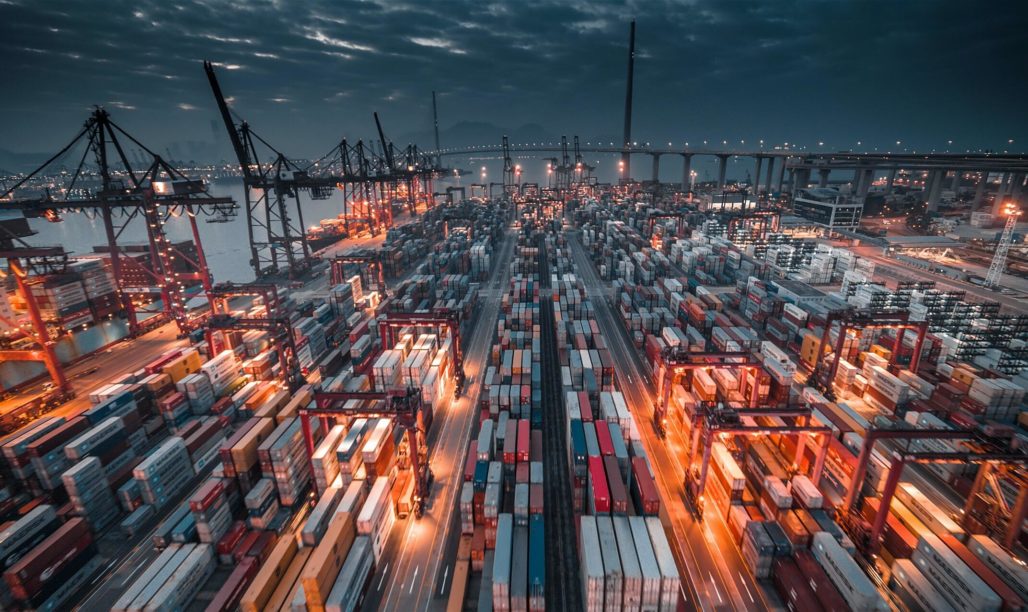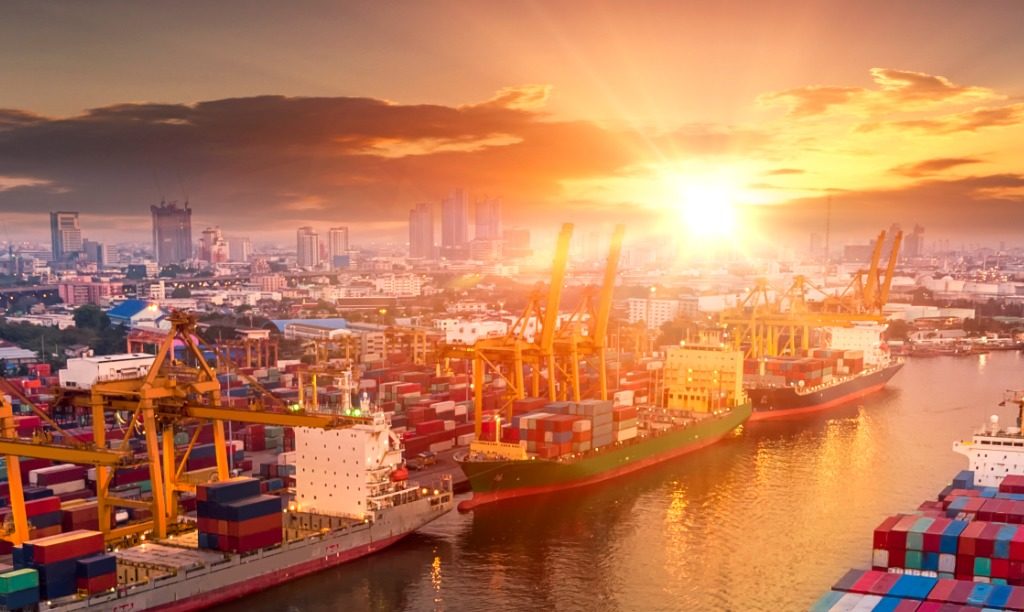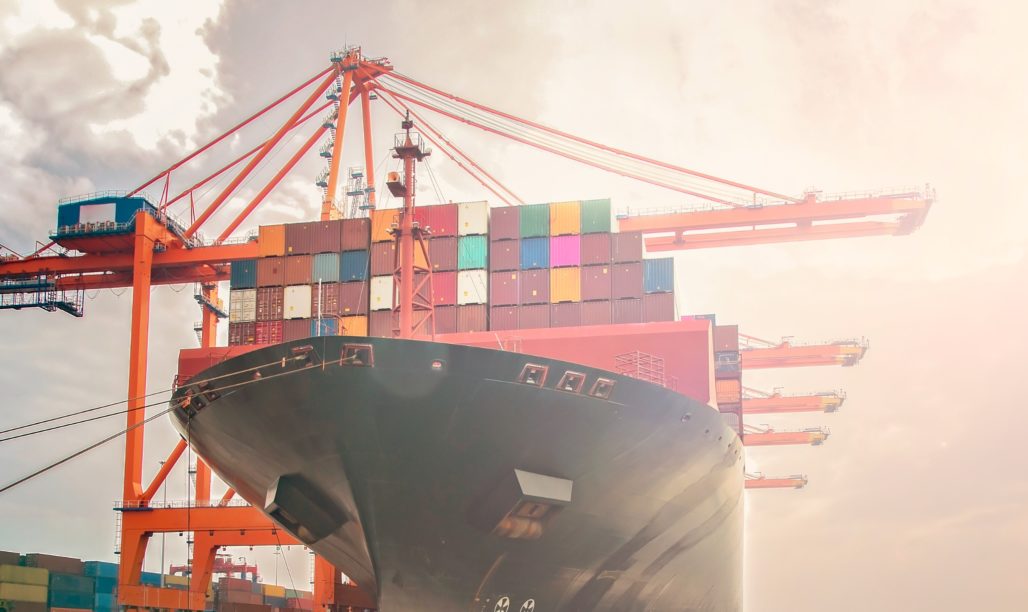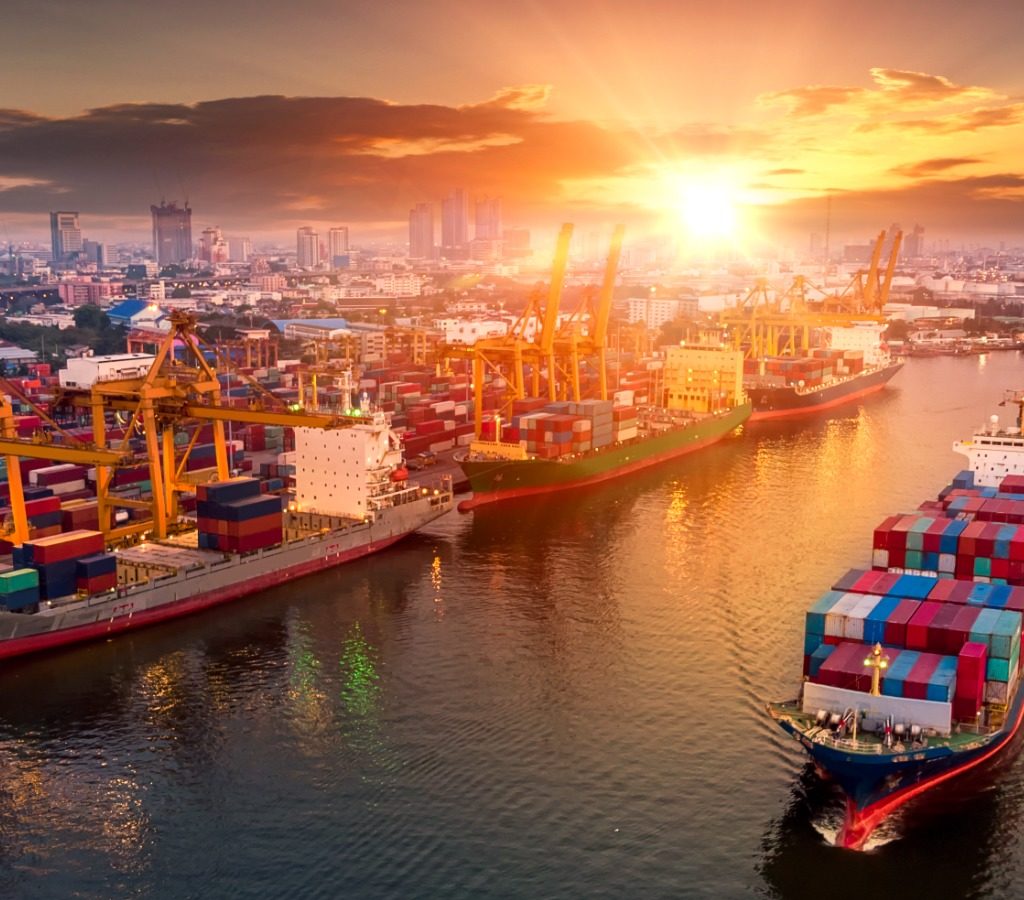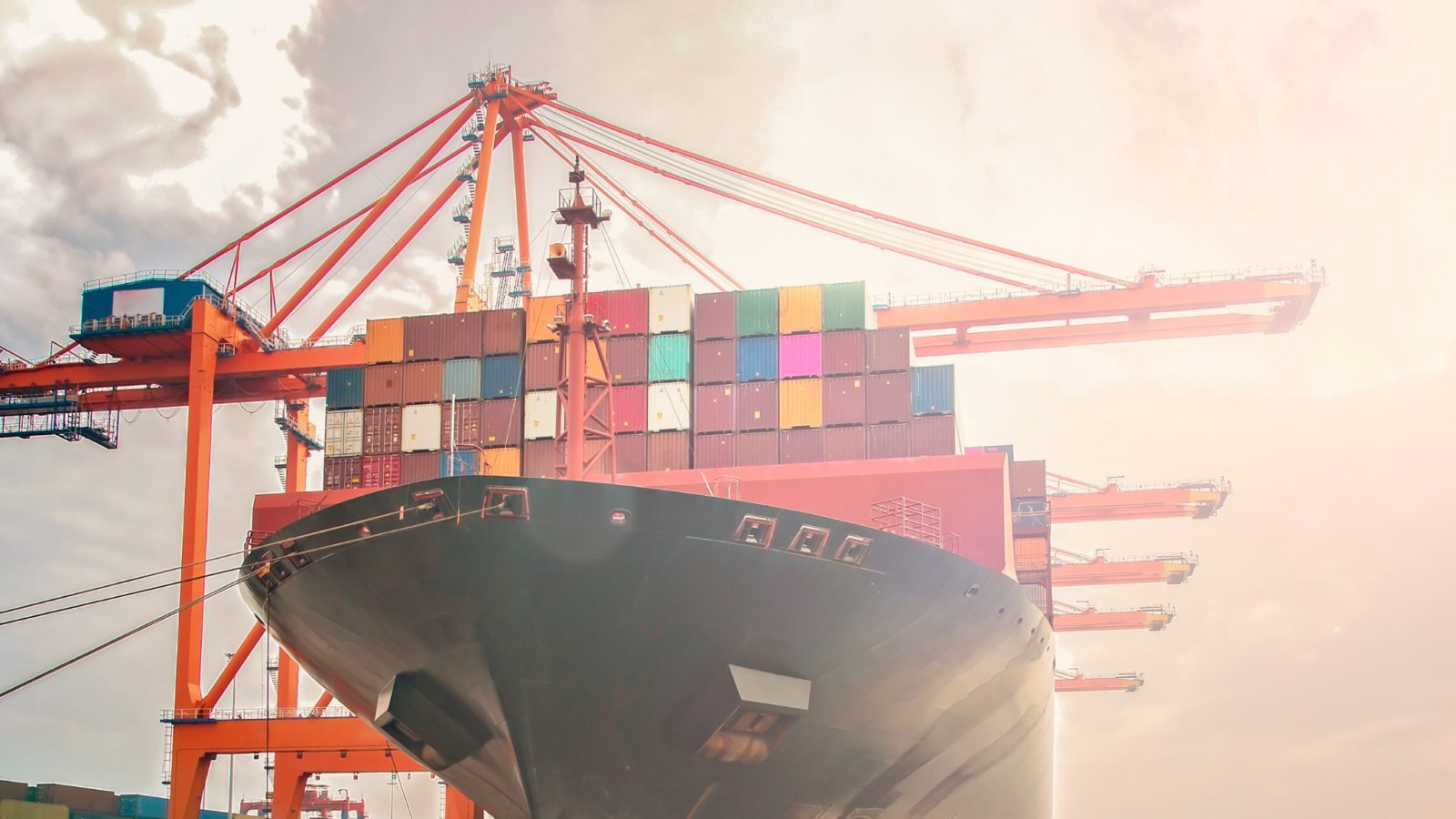FMC Registration and Compliance for VOCCs
My company does not own the vessel that will call in the US. Should I still register with the FMC?
If your company will control a vessel that will call at a US ocean port via a charter contract or other agreement and you intend to offer ocean freight transportation services to the shipping public, you must register with the FMC.
To learn more about DPI’s services for VOCCs, click here.
What is required to comply with FMC regulations before operating as a Vessel-Operating Common Carrier?
After FMC registration, Vessel-Operating Common Carriers must publish an FMC tariff and file their ocean freight rates in an FMC tariff or issue Service Contracts before beginning operations.
U.S. Customs and Border Protection (CBP) has additional requirements for vessel operators. Please review these with your vessel operator prior to commencing operations.
To learn more about DPI’s FMC services for VOCCs, click here.
What kind of information must I provide to the FMC for registration?
Vessel-Operating Common Carriers must provide basic business contact information, along with proof of vessel ownership or control. They must also advise the FMC of all U.S. ports of call.
To learn more about DPI’s FMC services for VOCCs, click here.
Is the FMC responsible for Automated Manifest filings and SCAC codes for Vessel-Operating Common Carriers?
No, the FMC is not responsible for Automated Manifest Filings (also commonly referred to as AMS filings) and SCAC codes for Vessel-Operating Common Carriers.
U.S. Customs and Border Protection (CBP) is in charge of Automated Manifest Filings. You must file Automated Manifest filings with CBP. A list of vendors that can assist with AMS filings is published by CBP here.
The National Motor Freight Trade Association (NMFTA) issues Standard Carrier Alpha Code (SCAC) codes. You can apply for a SCAC code through the NMFTA here.

